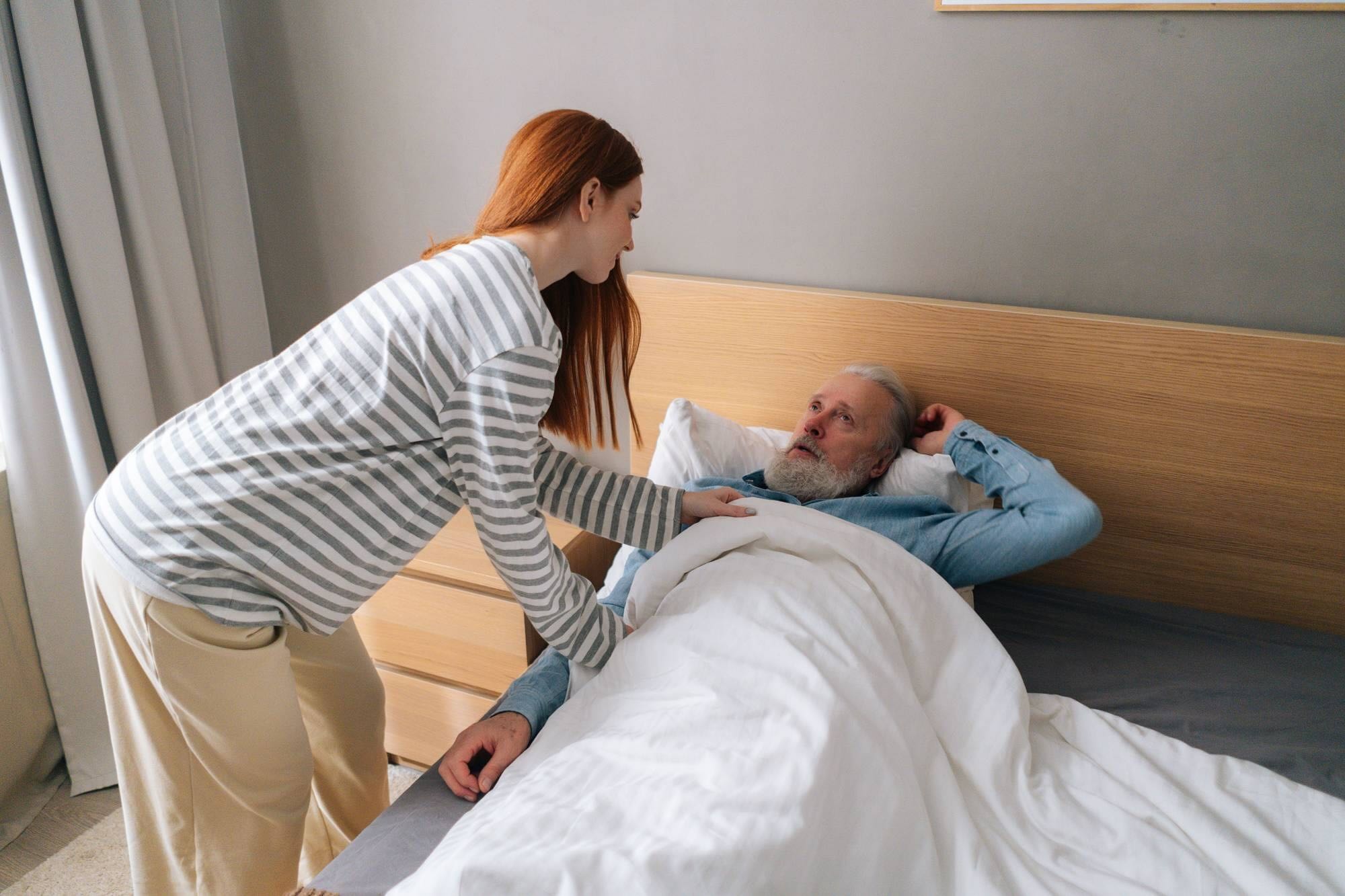
Sleep is something we all need, but how much do we really know about it? From the way it affects our health to the quirky habits of animals, sleep is full of surprises. Did you know that humans spend about one-third of their lives sleeping? That's a lot of time under the covers! Sleep isn't just about rest; it's crucial for memory, mood, and even our immune system. Lack of sleep can lead to serious health issues like heart disease and diabetes. Ever wondered why we dream or what happens during REM sleep? Get ready to dive into 30 fascinating facts about sleep that will leave you wide awake with curiosity!
Key Takeaways:
- Sleep is crucial for memory, mood, and overall health. It affects weight, concentration, and creativity. Stick to a sleep schedule, create a relaxing bedtime routine, and limit screen time for better sleep.
- Fun sleep facts: Humans spend a third of their lives sleeping, and some can control their dreams. You can't sneeze while sleeping, and dolphins sleep with one eye open!
Why Sleep is Important
Sleep is vital for overall health. It affects everything from mood to memory. Here are some fascinating facts about sleep.
-
Sleep helps the brain process information. During sleep, the brain organizes and stores memories from the day.
-
Lack of sleep can lead to weight gain. Sleep deprivation affects hormones that control hunger, making you eat more.
-
Teens need more sleep than adults. Adolescents require about 8-10 hours of sleep each night for optimal health.
-
Sleep boosts the immune system. Getting enough rest helps the body fight off infections and illnesses.
-
Dreams occur during REM sleep. Rapid Eye Movement (REM) sleep is the stage where most dreaming happens.
How Sleep Affects Daily Life
Sleep impacts daily activities and overall well-being. Here are some ways it influences our lives.
-
Good sleep improves concentration. Well-rested individuals can focus better and perform tasks more efficiently.
-
Poor sleep can cause mood swings. Lack of rest often leads to irritability and emotional instability.
-
Sleep affects physical performance. Athletes who get enough sleep perform better and recover faster.
-
Quality sleep enhances creativity. Restful nights can lead to more innovative thinking and problem-solving.
-
Sleep deprivation can impair judgment. Making decisions becomes harder when you’re tired.
Interesting Sleep Patterns
Humans and animals have unique sleep habits. Here are some intriguing patterns.
-
Humans are the only mammals that delay sleep. Unlike other animals, people often stay awake despite feeling tired.
-
Dolphins sleep with one eye open. One half of their brain stays awake to watch for predators.
-
Giraffes sleep the least. They only need about 30 minutes to 2 hours of sleep per day.
-
Koalas sleep the most. These animals can sleep up to 22 hours a day.
-
Birds can sleep while flying. Some birds take short naps mid-flight during long migrations.
Sleep Disorders
Many people suffer from sleep disorders. Here are some common ones.
-
Insomnia affects millions. Difficulty falling or staying asleep is a widespread issue.
-
Sleep apnea causes breathing problems. This disorder leads to interrupted breathing during sleep.
-
Narcolepsy causes sudden sleep attacks. People with narcolepsy can fall asleep unexpectedly, even during the day.
-
Restless Leg Syndrome (RLS) disrupts sleep. RLS causes uncomfortable sensations in the legs, making it hard to sleep.
-
Sleepwalking occurs during deep sleep. Individuals may walk or perform activities while still asleep.
Tips for Better Sleep
Improving sleep quality can enhance life. Here are some tips to help you sleep better.
-
Stick to a sleep schedule. Going to bed and waking up at the same time every day helps regulate your body clock.
-
Create a relaxing bedtime routine. Activities like reading or taking a warm bath can signal your body it’s time to sleep.
-
Limit screen time before bed. The blue light from screens can interfere with your ability to fall asleep.
-
Keep your bedroom cool and dark. A comfortable environment promotes better sleep.
-
Avoid caffeine and heavy meals before bedtime. These can disrupt your ability to fall asleep.
Fun Sleep Facts
Here are some fun and surprising facts about sleep.
-
Humans spend about one-third of their lives sleeping. That’s roughly 25 years for the average person.
-
The record for the longest period without sleep is 11 days. This record was set by Randy Gardner in 1964.
-
Sleep talking is common. Many people talk in their sleep without realizing it.
-
Some people can control their dreams. This phenomenon is known as lucid dreaming.
-
You can’t sneeze while sleeping. The body’s reflexes are suppressed during sleep, making sneezing impossible.
Sleep Facts Recap
Sleep is more than just rest. It’s a vital part of our health. From dreams to sleep cycles, every aspect plays a role. Knowing that adults need 7-9 hours of sleep can help you prioritize rest. Understanding REM sleep and its importance for memory and learning can change how you view your nightly routine. Recognizing the impact of blue light on sleep quality might make you rethink late-night screen time. Even the fact that sleeping in a cool room can improve sleep quality is worth noting. These facts aren’t just trivia; they’re tools for better health. So, next time you hit the sack, remember these insights. They might just help you sleep better and wake up refreshed. Sweet dreams!
Frequently Asked Questions
Was this page helpful?
Our commitment to delivering trustworthy and engaging content is at the heart of what we do. Each fact on our site is contributed by real users like you, bringing a wealth of diverse insights and information. To ensure the highest standards of accuracy and reliability, our dedicated editors meticulously review each submission. This process guarantees that the facts we share are not only fascinating but also credible. Trust in our commitment to quality and authenticity as you explore and learn with us.
